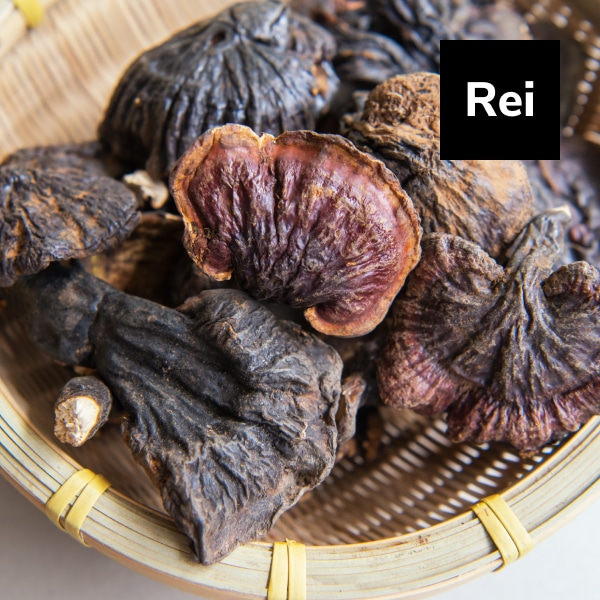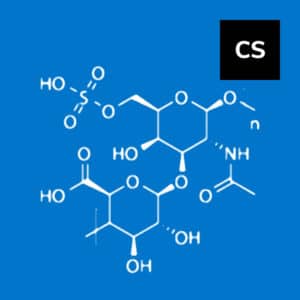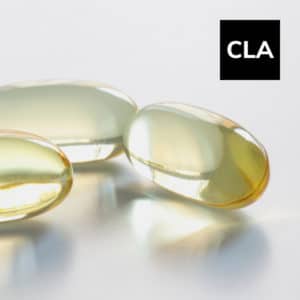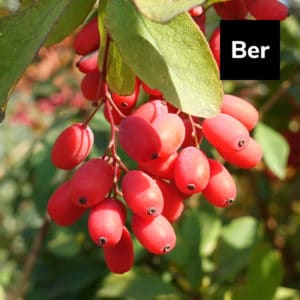Overview
Reishi (Ganoderma lucidum) is a mushroom that has been highly esteemed in Chinese medicine for more than 4,000 years for its ability to maintain vitality and promote health. Reishi is so revered in China that it is called “the mushroom of immortality.”
Key Benefits
- Boosts immunity
- Promotes and supports DNA repair
- Support healthy cell renewal and turnover
- Stimulates and supports T-cells, NK cells, and macrophages
- Support healthy cellular detoxification
- Antioxidant defense against free radicals
- Provides anti-cancer properties
- Contributes to adaptogenic support
History of Usage
Ganoderma lucidum (fruit extract), also known as Reishi, is a mushroom that has been highly esteemed in Chinese medicine for more than 4,000 years for its ability to maintain vitality and promote health. In fact, Ganoderma is so revered in China that it is called “the mushroom of immortality.”
It has been widely farmed and sold since the 1970s, and it is believed to be effective in the prevention and treatment of a variety of ailments. Medicinal mushrooms in Japan and China have for over 30 years been accepted as a supplement to traditional cancer therapy.
In the past two decades, more than 2,000 scientific studies have been published on Reishi. Scientists have discovered that it contains antioxidant and anti-inflammatory agents, and other compounds including polysaccharides, amino acids, triterpenes, ascorbic acid, sterols, lipids, alkaloids, and trace minerals that are being studied for their effect on the immune system.
Biochemistry
Polysaccharides and triterpenes are Reishi’s main medicinal components.
Reishi polysaccharides greatly enhance the immune system by stimulating T-cells, natural killer cells, and macrophages (white blood cells that remove foreign material from the blood and tissues).
Triterpenes are potent antioxidants that scavenge free radicals and protect mitochondrial DNA, helping to protect against disease and slow the aging process. Triterpenes also detect and rid the body of unhealthy cells without harming healthy cells.
Reishi mushrooms also contain beta-glucan, a fiber-like complex sugar that enhances phagocytes, which engulf and destroy germs.
Scientists have discovered that Reishi contains many other bio-active compounds, including ascorbic acid, sterols, lipids, alkaloids, and trace minerals that are all being studied for their positive effect on the human immune system.
Recent Trends
Scientists started paying special attention to Reishi spores in the past decade. This is related, in part, to the recent development of technology for piercing the spore wall and extracting biocompounds from the spore. Although some research organizations work with Reishi spores, there are currently little data in the literature and no systematic procedures were applied.
The major active components and their biological properties, such as neurological activity and antiaging and cell-protective effects, continue to be investigated because these are important for future drug development.
The key market trend guiding the growth is increasing usage in the skincare industry. Since there is building scientific evidence that Reishi extracts can inhibit the enzyme tyrosinase, which contributes to hyperpigmentation or dark skin spots, there is great potential for it as an ingredient in “skin-whitening” products.
The Reishi extract market is expected to reach $560.78 million by 2025, increasing at a CAGR of 4.88 percent between 2020 and 2025.
Precautions
- Pregnant and breastfeeding women should avoid using Reishi.
- Nausea and insomnia have been reported by some individuals taking Reishi.
- Individuals who are taking warfarin or other blood thinners should not take Reishi because it can increase the risk of bleeding.
- Those who are undergoing chemotherapy or taking immunosuppressants should not take Reishi.
- Individuals taking cytochrome P450 2E1, 1A2, and 3A substrate drugs should not take Reishi.
- Reishi may interact with high blood pressure medication.
References
- Thulasi G. Pillai, C.K.K. Nair, K.K. Janardhanan, Enhancement of repair of radiation induced DNA strand breaks in human cells by Ganoderma mushroom polysaccharides, Food Chemistry, Volume 119, Issue 3, 2010, Pages 1040-1043, ISSN 0308-8146, https://doi.org/10.1016/j.foodchem.2009.08.013.
- Batra P, Sharma AK, Khajuria R. Probing Lingzhi or Reishi medicinal mushroom Ganoderma lucidum (higher Basidiomycetes): a bitter mushroom with amazing health benefits. Int J Med Mushrooms. 2013;15(2):127-43. doi: 10.1615/intjmedmushr.v15.i2.20. PMID: 23557365.
- Soccol CR, Bissoqui LY, Rodrigues C, Rubel R, Sella SR, Leifa F, de Souza Vandenberghe LP, Soccol VT. Pharmacological Properties of Biocompounds from Spores of the Lingzhi or Reishi Medicinal Mushroom Ganoderma lucidum (Agaricomycetes): A Review. Int J Med Mushrooms. 2016;18(9):757-767. doi: 10.1615/IntJMedMushrooms.v18.i9.10. PMID: 27910768.
- Unlu A, Nayir E, Kirca O, Ozdogan M. Ganoderma Lucidum (Reishi Mushroom) and cancer. J BUON. 2016 Jul-Aug;21(4):792-798. PMID: 27685898.
- Maeda K, Fukuda M. Arbutin: mechanism of its depigmenting action in human melanocyte culture. J Pharmacol Exp Ther. 1996 Feb;276(2):765-9. PMID: 8632348.
- Parvez S, Kang M, Chung HS, Bae H. Naturally occurring tyrosinase inhibitors: mechanism and applications in skin health, cosmetics and agriculture industries. Phytother Res. 2007 Sep;21(9):805-16. doi: 10.1002/ptr.2184. PMID: 17605157.




